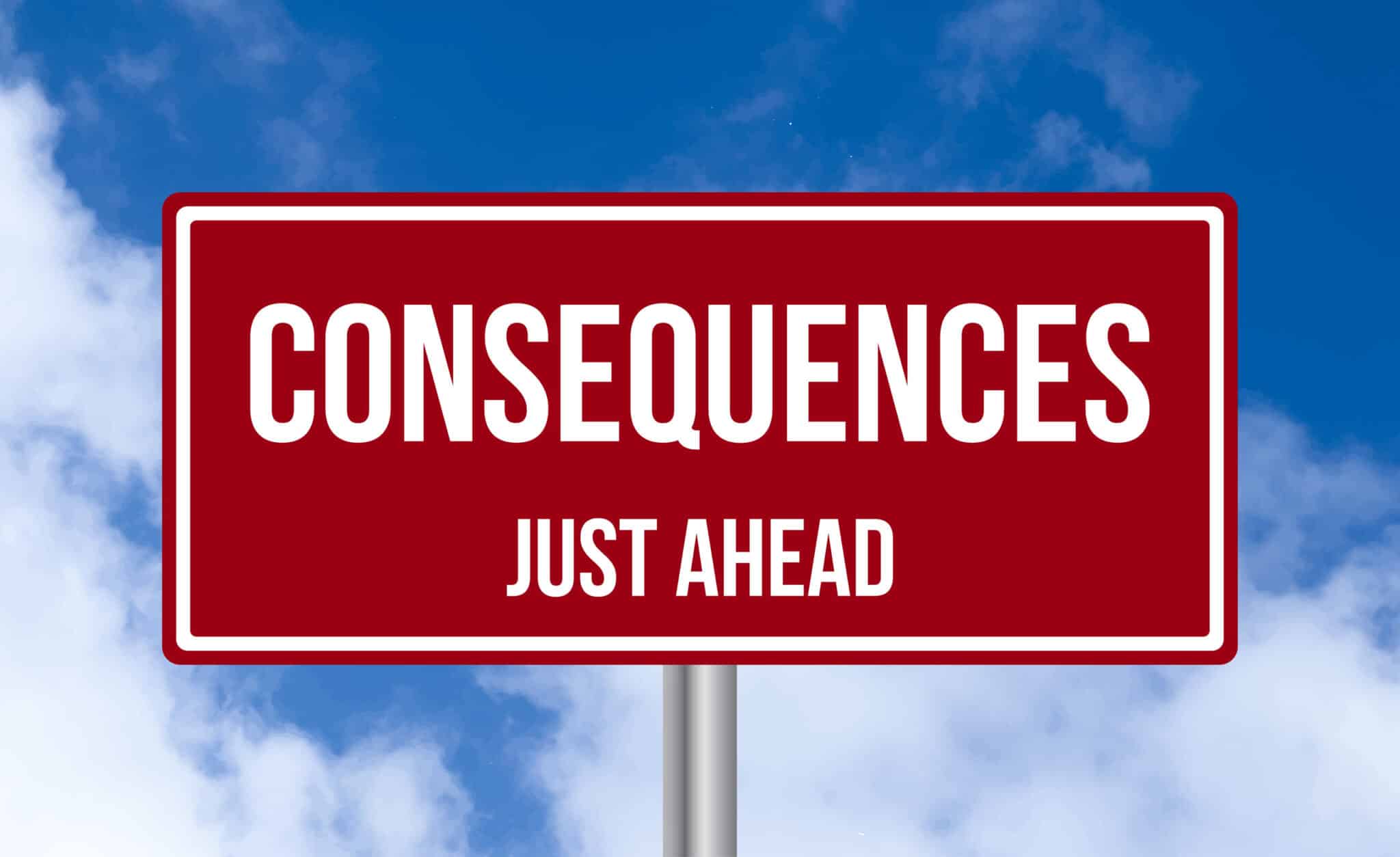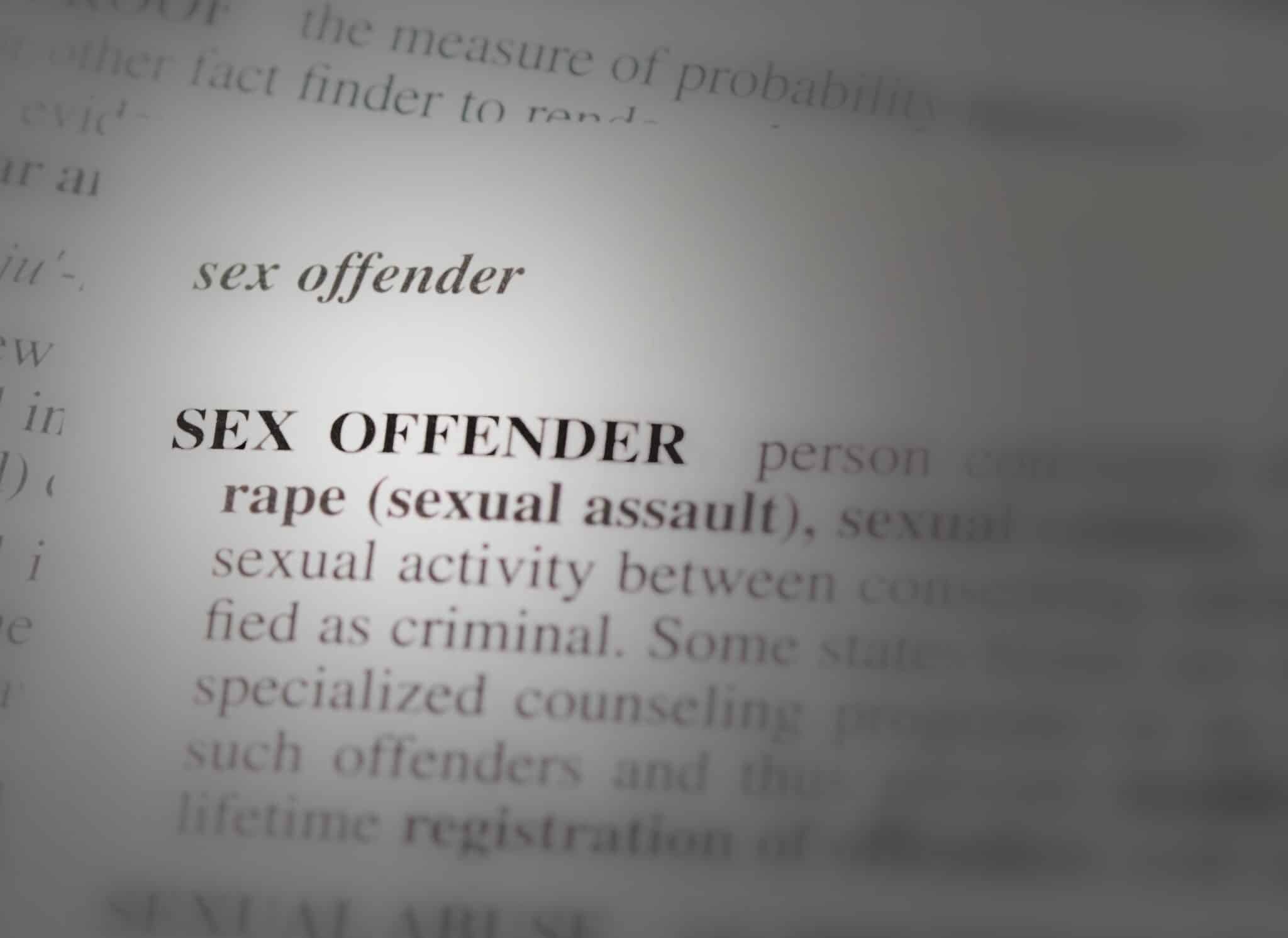Sex Crimes: A Guide for Defendants Facing Sex Crimes Allegations
In Illinois, sex crime accusations are taken seriously. The state reported a forcible rape rate of 42.5 per 100,000 people in 2023. That means these cases are common—and closely watched by prosecutors, law enforcement, and the public.
You might feel like the system is stacked against you. Your name could be tarnished, your job on the line, and your personal relationships strained. Even before a trial begins, the accusation alone can impact your life in ways you didn’t expect.
This guide is here to help you understand what happens next—and what you can do to protect your future. Being accused doesn’t mean you’re guilty. But it does mean you need to act. Speak to our Chicago, IL criminal defense attorney, Andrew M. Weisberg, who can build a strategy that gives you a fighting chance.
Understanding Sex Crime Allegations in Illinois
Sex crimes in Illinois include any offense involving non-consensual sexual conduct, sexual behavior with minors, or actions considered lewd or offensive by law. These charges can be classified as:
- Misdemeanors, such as indecent exposure, may result in shorter jail terms and fines.
- Felonies, on the other hand—like aggravated sexual assault or child pornography—can lead to long-term imprisonment, mandatory registration as a sex offender, and lifelong consequences.
Common Types of Charges
- Sexual Assault – Involves sexual penetration without consent. Aggravated sexual assault may include the use of force, a weapon, or when the victim is incapacitated.
- Sexual Abuse – Typically refers to non-penetrative sexual conduct without consent.
- Child Sexual Abuse – Any sexual behavior involving a minor, even if the minor allegedly consents.
- Statutory Rape – Sexual contact with someone under the age of consent (17 in Illinois), regardless of perceived willingness.
- Indecent Exposure – Deliberately exposing oneself in a public place.
- Internet Sex Crimes – Includes online solicitation of a minor, sharing explicit images, or grooming.
- Sexual Misconduct – Covers a broad range of behavior, often used for lesser but still serious offenses.
Immediate Legal Consequences
Arrest and Booking
Once an accusation is made, you may be arrested with or without warning. The arrest may happen at your home, workplace, or even in front of your family. After that, you’ll go through the booking process—photographs, fingerprints, and initial charges.
Bail and Release Conditions
Depending on the nature of the charge, the court may set bail or hold you without it. You could also face restrictions like electronic monitoring, no-contact orders, or travel limitations—even before trial.
Mandatory Reporting
In some cases, particularly those involving minors or vulnerable adults, certain individuals (like teachers, healthcare workers, or social workers) are legally required to report suspected abuse. This can set off investigations that become formal charges even without physical evidence.

Long-Term Consequences of a Conviction
Employment Problems
Most employers conduct background checks. A sex crime conviction—even an arrest—can result in lost job opportunities or termination. In some industries, you may be permanently barred from working.
Losing Professional Licenses
Doctors, teachers, real estate agents, and many other licensed professionals can lose their right to work after a conviction. In some cases, you may not even be allowed to reapply for a license in the future.
Impact on Housing
Landlords may deny housing based on your record. If you’re on the sex offender registry, your housing options may be limited even further.
Immigration Consequences
Non-citizens convicted of sex crimes could face deportation, even for charges that are non-violent or relatively minor. Immigration proceedings are separate from criminal trials, but a conviction can trigger them immediately.
Public Stigma
Even if you avoid jail time, the social cost of a sex crime accusation can be permanent. Relationships may fall apart, community ties may break, and your reputation may never recover.

Penalties and Sentencing if Convicted
Prison Sentences
The length of imprisonment for sex crime convictions in Illinois varies based on the specific offense and circumstances:
- Criminal Sexual Assault: Class 1 felony with a sentencing range of 4 to 15 years.
- Aggravated Criminal Sexual Assault: Class X felony, punishable by 6 to 30 years.
- Predatory Criminal Sexual Assault of a Child: Also a Class X felony, carrying 6 to 30 years.
Probation and Supervision
For some lesser offenses, courts may impose probation instead of prison time. Probation conditions are stringent and may include mandatory counseling, regular meetings with a probation officer, and restrictions on travel or internet usage. Violating probation terms can result in imprisonment.
Fines and Restitution
The amount of fines imposed for sex crime convictions varies depending on the severity and classification of the offense. For instance, certain sex crimes are classified as Class 4 felonies, which can carry fines of up to $25,000. Additionally, the court may impose fines specified within the statute defining the offense, whichever amount is greater.
Restitution involves compensating victims for financial losses directly resulting from the crime.
Under Illinois law, courts are mandated to consider restitution in all sentencing hearings. If deemed appropriate, the court will order the defendant to reimburse the victim for medical bills, therapy costs, lost income, and property damage. A Chicago, IL criminal defense attorney from the Law Offices of Andrew Weisberg can investigate your charges and fight to reduce your fines.

Sex Offender Registration
One of the most enduring consequences is mandatory registration as a sex offender. In Illinois:
- Registration Duration: Typically 10 years, starting upon conviction for those sentenced to probation or from final parole, discharge, or release for those incarcerated.
- Lifetime Registration: Required for individuals adjudicated as sexually dangerous or violent or those classified as sexual predators.
Registrants must update their information annually in person. Failure to comply can extend the registration period by 10 years.
Electronic Monitoring
Certain convictions may result in mandatory electronic monitoring, such as GPS tracking. This measure restricts movement and ensures compliance with probation or parole conditions.
Residency Restrictions
Registered sex offenders face strict residency restrictions in Illinois:
- Proximity Limits: Prohibited from residing within 500 feet of schools, playgrounds, childcare institutions, daycare centers, or facilities providing services exclusively to individuals under 18 years of age.
- Victim Proximity: May not reside within 500 feet of the victim of the offense.
Your Constitutional Rights as a Defendant
Facing sex crime charges doesn’t mean your rights go out the window. Asserting your rights early on can protect you from making costly mistakes.
Search and Seizure
The Fourth Amendment protects you from unlawful searches and seizures. This means police cannot barge into your home, take your devices, or search your property without a warrant or clear legal justification. There are exceptions, such as if the evidence is in plain view or you give consent, but officers generally need court approval. Any evidence they collect could be deemed inadmissible if they don’t follow proper procedures.
Right to Remain Silent
The Fifth Amendment gives you the right to stay silent when questioned by police or investigators. You’re not required to explain yourself, justify your actions, or respond to accusations. In many cases, people try to ‘clear things up’ and end up making statements that hurt their case. Staying silent isn’t an admission of guilt—it’s a legal shield meant to protect you from saying something that could be misinterpreted or twisted against you.
Legal Representation
The Sixth Amendment ensures your right to have legal counsel. This isn’t just about having someone with you in court—it’s about having someone who understands the system, knows how evidence works, and can challenge unlawful procedures or unfair tactics.
A criminal defense lawyer can make a significant difference in your case. They will ensure you are treated fairly throughout the process and obtain the best possible outcome for you.

Defense Strategies in Sex Crime Cases
Defending against sex crime charges requires more than just denying the allegations. The right defense strategy depends on the facts, the evidence, and the people involved.
Consent
One of the most common defenses in adult sex crime cases is that the sexual activity was consensual. In Illinois, consent is legally defined as a freely given agreement to the act. This means it cannot be obtained through force, threats, intimidation, or if the other person was incapacitated—due to drugs, alcohol, or unconsciousness.
In some cases, communication between the parties before and after the alleged incident can be key. Text messages, social media interactions, or recorded conversations may help demonstrate that both individuals agreed to the encounter. When consent is clearly shown, it becomes extremely difficult for the prosecution to meet its burden of proof.
Mistaken Identity
Sex crime charges sometimes hinge on the identification of the alleged perpetrator. However, eyewitness testimony can be highly unreliable, especially in situations involving stress, darkness, or intoxication. A victim may sincerely believe they are naming the right person, but memory isn’t always accurate—particularly when the accused and the actual offender share similar physical characteristics.
In a mistaken identity defense, evidence like surveillance footage, GPS data, or credit card records can be used to place the defendant somewhere else at the time of the alleged incident. Friends, coworkers, or family members may also provide an alibi. Even DNA evidence can sometimes contradict a witness identification, adding weight to the argument that the wrong person has been accused.
False Accusations
While most allegations of sexual misconduct are made in good faith, false accusations do occur. These can be motivated by jealousy, revenge, personal disputes, or attempts to gain leverage in a custody battle or divorce proceeding. In some cases, the accusation may stem from a misunderstanding or regret, which is then escalated into a criminal allegation.
A defense built around proving a false accusation often involves examining the accuser’s background, behavior, and motivations. Inconsistencies in their story, prior history of false claims, or evidence showing a potential motive to lie can all be introduced in court. When jurors are presented with reasonable doubt about the accuser’s credibility, the chances of conviction can drop significantly.
Lack of Evidence
Prosecutors must prove guilt beyond a reasonable doubt. If the physical evidence doesn’t match the story being told by the accuser, or if there are no witnesses or digital records to support the claim, that can be a strong point in the defense.
Sometimes, the evidence that is presented may be circumstantial or open to interpretation. When a case lacks solid forensic or corroborating evidence, the defense may focus on that gap to argue there’s simply not enough to justify a conviction.
Flaws in the Investigation
Forensic labs might produce inaccurate results due to contamination or technical error. Investigators may overlook key witnesses or fail to follow proper procedures in collecting and storing evidence.
A defense that highlights these mistakes can introduce reasonable doubt. For example, if the chain of custody for a rape kit is broken, the results of the test may be challenged. Similarly, if a detective failed to pursue alternative suspects or ignored conflicting witness statements, that might be used to show the investigation was incomplete or biased.
In addition, many sex crime investigations rely heavily on subjective interviews with alleged victims. If investigators used leading questions, made assumptions, or failed to document interviews properly, those lapses could form the basis for a defense argument.
Alternative Resolutions and Diversion Options
Not every case goes to trial. Sometimes, some alternatives may help you avoid a conviction or reduce your sentence.

Plea Bargaining
If going to trial isn’t the right path, your Chicago, IL criminal defense lawyer from the Law Offices of Andrew Weisberg may negotiate a plea agreement. This could result in reduced charges, lesser penalties, or an agreement that keeps you off the sex offender registry.
Deferred Prosecution
In some cases, deferred prosecution may be available, especially for first-time offenders. The case could be dismissed if you meet certain conditions, like attending treatment or avoiding further legal trouble.
Treatment Programs
Illinois offers some programs focused on rehabilitation instead of punishment. These often involve counseling, monitoring, and community service in exchange for a lighter sentence.
Rehabilitation-Based Sentencing
Courts may allow treatment-based resolutions for non-violent charges or where mental health is a factor. These aim to correct behavior and reduce the risk of future charges rather than simply handing down harsh penalties.

Seek Legal Help from Chicago, IL Criminal Defense Attorneys
When you’re accused of a sex crime, it may feel like everything is spinning. Questions, fear, confusion – it all hits at once. This guide gives you some direction and walks you through the parts no one explains.
At the Law Offices of Andrew Weisberg, we don’t drown clients in legal jargon or offer false hope. We focus on dissecting evidence, spotting weaknesses in the case, and giving you a clear, honest defense plan. Andrew Weisberg, a former felony prosecutor, knows exactly how the other side builds a case. He’s been in those courtrooms. He’s stood across from the same prosecutors who might now be pushing charges against you. That insight isn’t just helpful—it’s strategic.
Whether it’s negotiating a reduction or preparing for trial, every move is calculated. Contact us at (773) 908-9811 or reach out directly through our secure online page to start the conversation.







 Blog Home
Blog Home 










